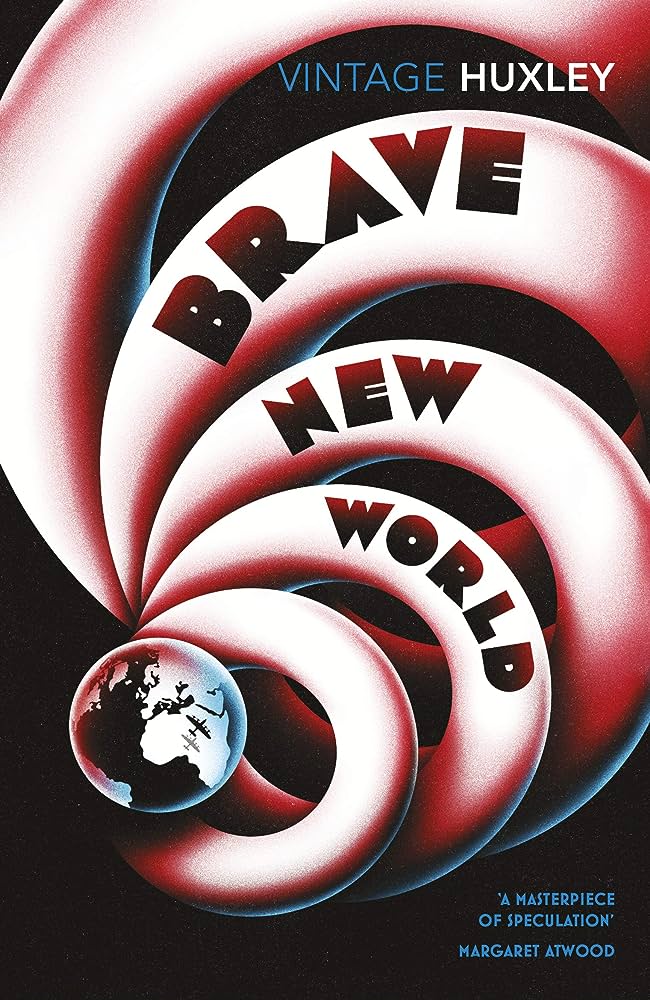Email:
[email protected]
Book Review: "Brave New World" by Aldous Huxley
“Brave New World” remains one of the literary world’s most profound and enduring dystopian novels. Penned by the British intellectual and writer, Aldous Huxley, this work presents a vision of the future that is both startling and thought-provoking, serving as a cautionary tale for generations past, present, and yet to come.
Aldous Huxley hailed from a family deeply rooted in the intellectual and scientific communities of Britain. Born in 1894, Huxley’s life was marked by a continuous quest for understanding the human condition, a journey that led him to explore everything from Eastern religions to the potential and pitfalls of technological advancements. His wide-ranging interests and extensive travels informed much of his writing, endowing it with a depth that transcended the confines of his era.
Reasons to delve into “Brave New World”:
Societal Reflection
Huxley masterfully constructs a world where happiness is manufactured, desires are satiated instantaneously, and individualism is suppressed. It forces readers to question our own society’s values and the cost of unbridled technological progress.
Character Depth
Characters like Bernard Marx, Lenina Crowne, and the “Savage” John serve as mirrors reflecting varying human responses to a world where natural emotions and genuine experiences are deemed obsolete.
Philosophical Inquiry
The novel isn’t just a story; it’s a philosophical exploration about freedom, happiness, and the nature of humanity. The debates between Mustapha Mond and John are especially illuminating.
Prescient Predictions
While written in 1932, many of Huxley’s predictions about society’s dependence on technology, the erosion of individual privacy, and the quest for perpetual happiness resonate eerily with today’s world.
Literary Merit
Huxley’s prose is both sharp and fluid, making “Brave New World” not just a thematic marvel but also a literary one. His use of Shakespearean allusions adds depth, connecting the futuristic dystopia with age-old human dilemmas.
Conclusion
Aldous Huxley’s “Brave New World” is more than a work of fiction; it’s a mirror held up to humanity, reflecting our deepest desires, fears, and potential futures. In a world inundated with technological advancements and the constant quest for ‘better,’ Huxley’s narrative offers a pause — a moment to reflect on what we truly value. While the society of the World State might seem far removed from our own, the underlying questions it poses about freedom, happiness, and individuality remain strikingly pertinent. As we navigate our own brave new worlds, Huxley’s masterpiece stands as a beacon, urging us to tread with awareness, thoughtfulness, and a profound respect for the intangible essence of humanity.

